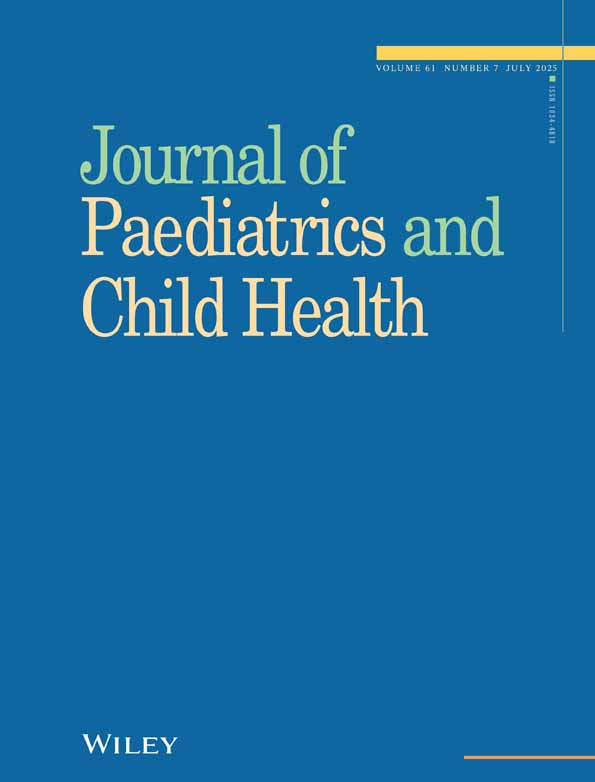A fatal case of necrotizing enterocolitis in a neonate with polyagglutination of red blood cells
L. R. Marshall, PhD, Senior Scientist-in-Charge. A. L. Barr, FRCPA, FRACP, Haematologist. N. P. French, FRACP, Neonatal Paediatrician. J. A. Lown, FIMLS, Senior Scientist-in-Charge. S. Knowles, MRC Path, Director of Laboratory Services.
Abstract
An infant of 30 weeks gestation developed necrotizing enterocolitis (NEC) 8 days after birth and died 2 days later after a fulminating course. During her illness she received two blood transfusions, both of which produced sub-optimal rises in her haemoglobin and were associated with evidence of haemolysis. Retrospective analysis demonstrated T antigen (Tk) polyagglutination of the infant's red blood cells and donor plasma. Although bacterial cultures were negative throughout the course of the illness in this case, T antigen exposure is associated with certain anaerobic infections and with severity of NEC. Infants with NEC should be regularly screened for T antigen exposure and if this test is positive, plasma (immunoglobulin) containing infusions should be avoided.




